1. The Waltons
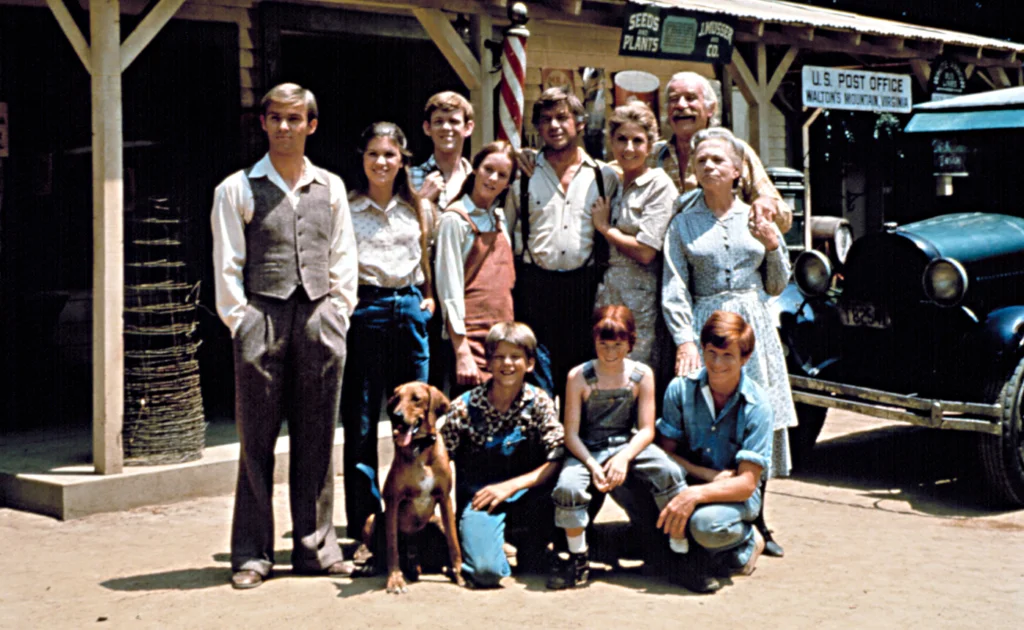
The Waltons, which premiered in 1972, was a family drama that became a cornerstone of television storytelling. Set during the Great Depression and World War II, the show followed the Walton family as they navigated life in rural Virginia. What set The Waltons apart was its portrayal of family values, community support, and the everyday struggles of a close-knit family. It introduced viewers to a simpler time, filled with moral lessons and touching moments that made it a household favorite.
The show’s heartwarming storytelling and emphasis on family bonds resonated with audiences, making it one of the most beloved shows of the ’70s. The Waltons proved that television could tackle serious issues—like economic hardship and war—while still being uplifting and hopeful. It also sparked the rise of other family-centered dramas and made a lasting impact on the genre, showing that TV could be both educational and emotionally enriching.
2. All in the Family
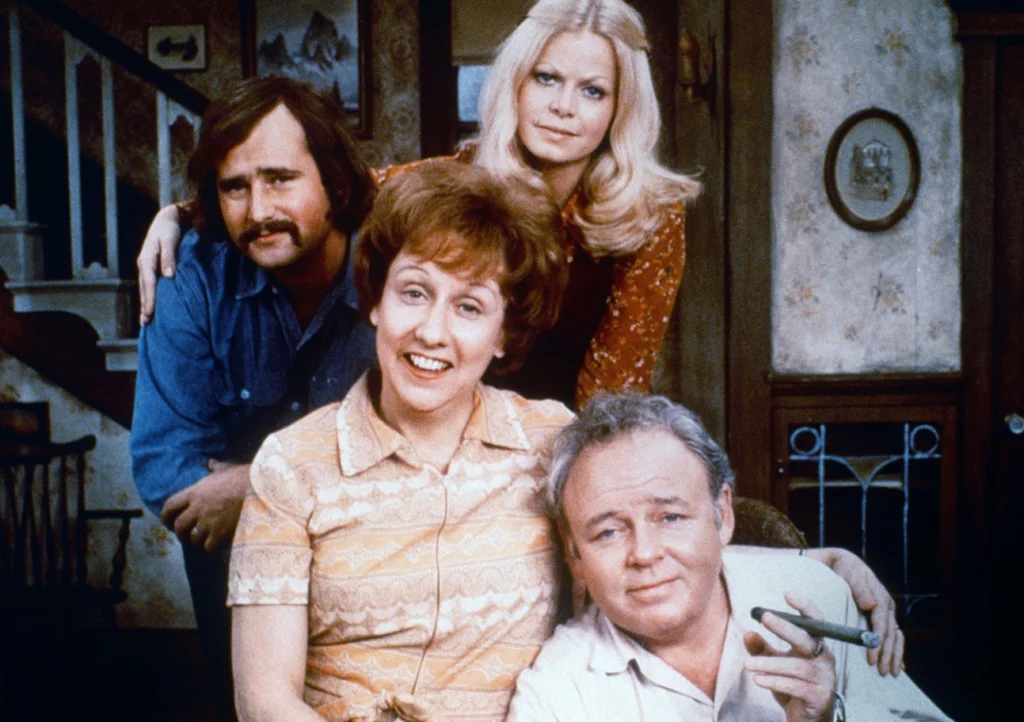
When All in the Family premiered in 1971, it shocked audiences with its unflinching portrayal of social issues and the flawed nature of its lead character, Archie Bunker. Created by Norman Lear, the sitcom broke all the rules by addressing topics like racism, sexism, and the Vietnam War with brutal honesty, which had rarely been seen on TV before. Archie Bunker, the bigoted, blue-collar everyman, was not your typical TV hero, and the show was unapologetically controversial.
The show’s impact was immediate, sparking both praise and outrage from viewers. It was the first time that a sitcom was used as a vehicle for political commentary, influencing the direction of television for years to come. All in the Family showed that TV could be more than just entertainment—it could reflect the real-world struggles and bring about important social conversations.
3. The Mary Tyler Moore Show
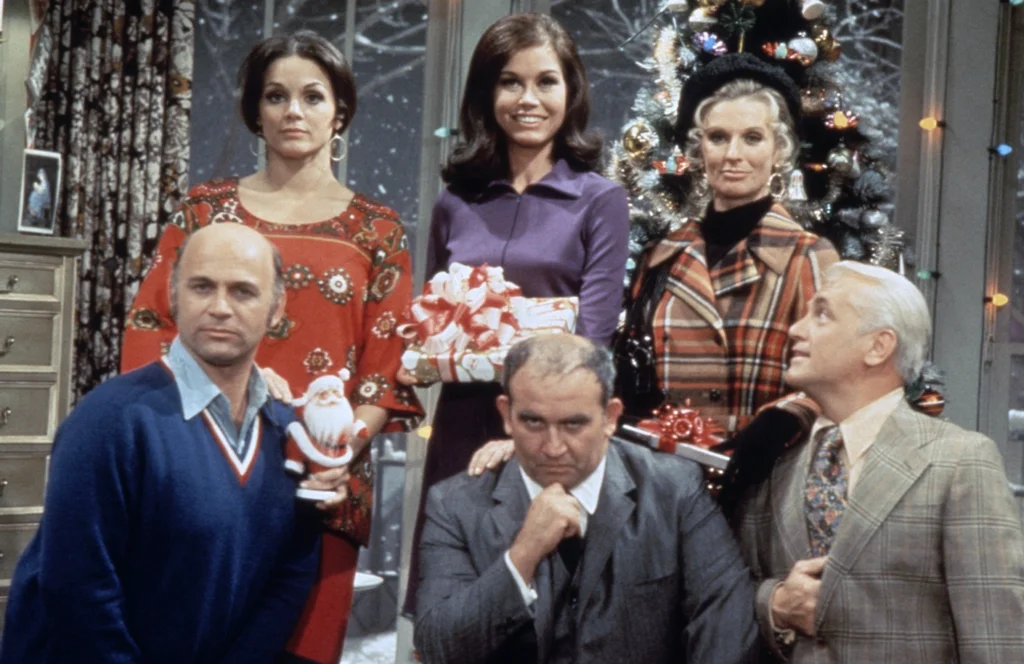
The Mary Tyler Moore Show, which aired from 1970 to 1977, was revolutionary in how it portrayed women on television. Mary Richards, the show’s protagonist, was an independent, career-driven woman working as a TV news producer in Minneapolis. This was a stark contrast to the traditional portrayal of women in TV roles at the time, where they were often confined to domestic or supportive positions.
The show not only reshaped how women were viewed on screen but also redefined the workplace comedy genre. With its ensemble cast and smart, witty writing, The Mary Tyler Moore Show became a beacon for more progressive representations of women in media. It laid the groundwork for future TV shows that focused on female empowerment and set a new standard for the type of roles women could occupy on television.
4. The Brady Bunch

The Brady Bunch, which aired from 1969 to 1974, may have been one of the most influential family sitcoms of the ’70s. The show depicted a blended family, where a widower and a widow each brought three children into their new marriage. The quirky dynamics of the Brady family, along with the show’s cheerful tone, made it stand out among the more serious shows of the time.
It changed the way we viewed the “ideal” American family, blending humor with issues like sibling rivalry, step-parenting, and adjusting to new family dynamics. The Brady Bunch was one of the first family shows to normalize the idea that family structures could be unconventional. It became an iconic representation of the suburban family experience, influencing the genre for decades to come.
5. The Rockford Files
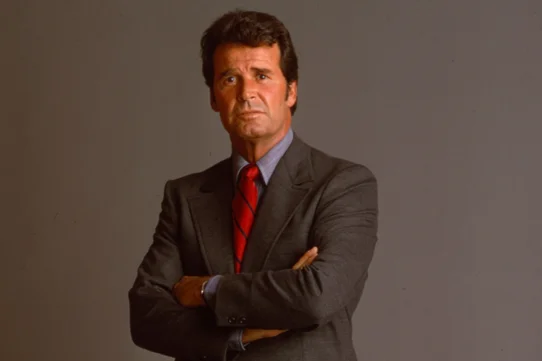
The Rockford Files, airing from 1974 to 1980, revolutionized the detective genre by introducing a more flawed, relatable hero. James Garner’s portrayal of Jim Rockford, a private investigator with a sarcastic edge and a knack for getting into trouble, was far removed from the suave, flawless detectives of earlier shows. This more grounded approach made Rockford a hit with audiences and gave rise to a new kind of hero in crime dramas.
The show also stood out for its blend of lighthearted moments and serious investigations, which was a departure from the overly dramatic tone of other detective shows at the time. Rockford’s struggles with authority, his complicated personal life, and his dry humor made the show feel much more realistic. The Rockford Files influenced a wave of detective shows in the years to come that embraced more complex, imperfect characters.
6. Happy Days
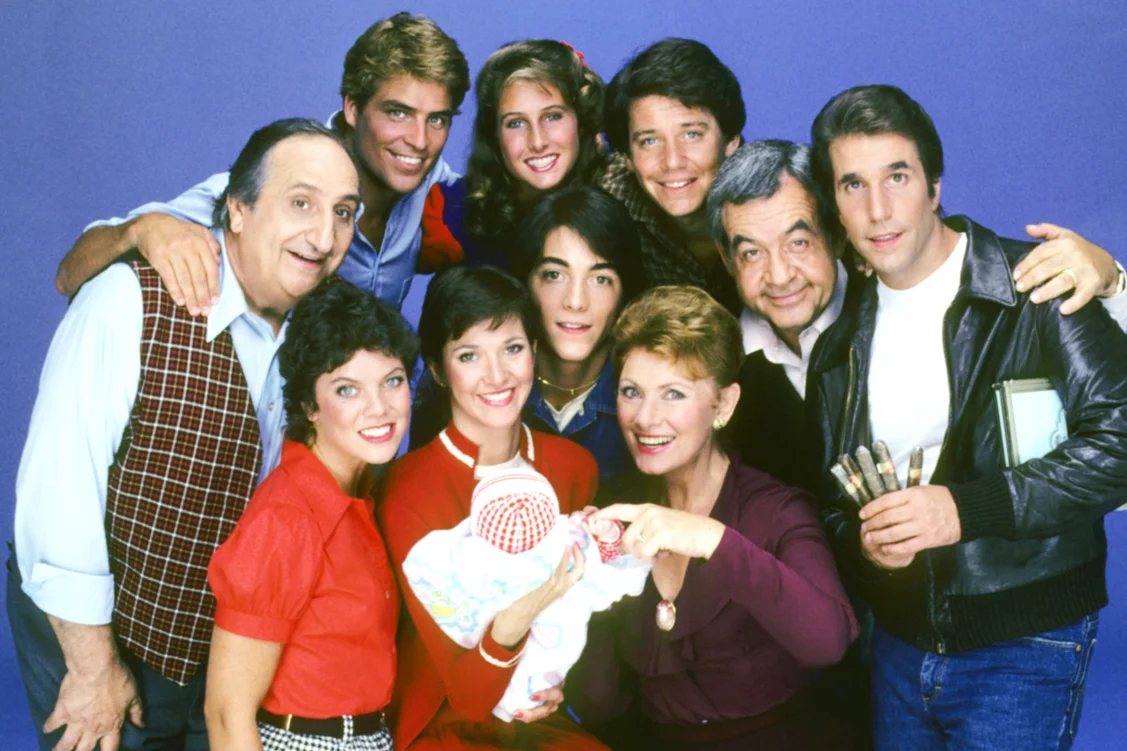
Happy Days, which premiered in 1974, captured the spirit of the 1950s and introduced a generation to the iconic character of Fonzie. The show was set in the simpler, more nostalgic world of the late ’50s and early ’60s, and it played a significant role in reviving interest in the past. With its wholesome portrayal of family life and its memorable catchphrases, Happy Days became a pop culture phenomenon.
The show’s massive success helped shape how TV audiences viewed nostalgia and the power of retro aesthetics. Happy Days showed that audiences were ready to embrace more lighthearted, family-friendly programming. It also set the stage for future retro-themed shows and led to the rise of sitcoms centered around simpler, nostalgic themes.
7. Sesame Street
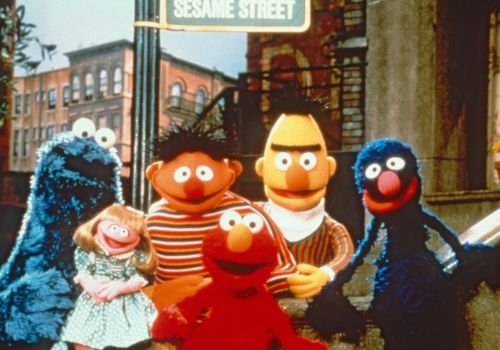
Sesame Street made its debut in 1969, but it truly reshaped children’s television throughout the ’70s with its groundbreaking approach to education. Combining humor, music, and puppetry, the show not only entertained but also educated young viewers on topics like the alphabet, numbers, and social issues. By integrating diverse characters and situations, Sesame Street was one of the first children’s shows to tackle real-life challenges while keeping the content light and engaging.
What set Sesame Street apart from other children’s programming was its ability to blend learning with entertainment, ensuring kids were both engaged and absorbing important lessons. The show’s use of puppets, such as Big Bird and Oscar the Grouch, became beloved icons, and its educational format has influenced nearly every children’s show that followed. Sesame Street proved that educational content could be entertaining and left a lasting mark on how TV could be used to shape young minds.


